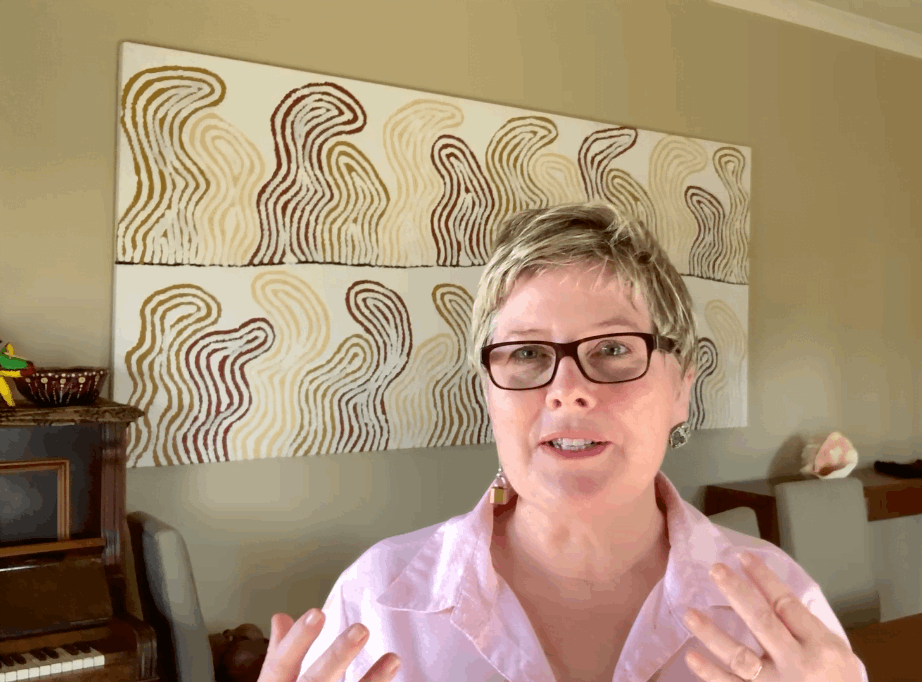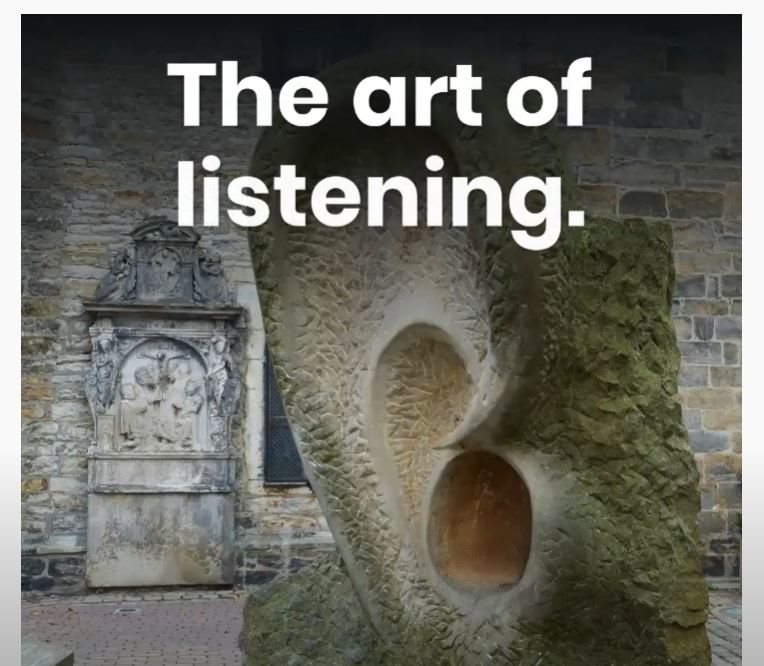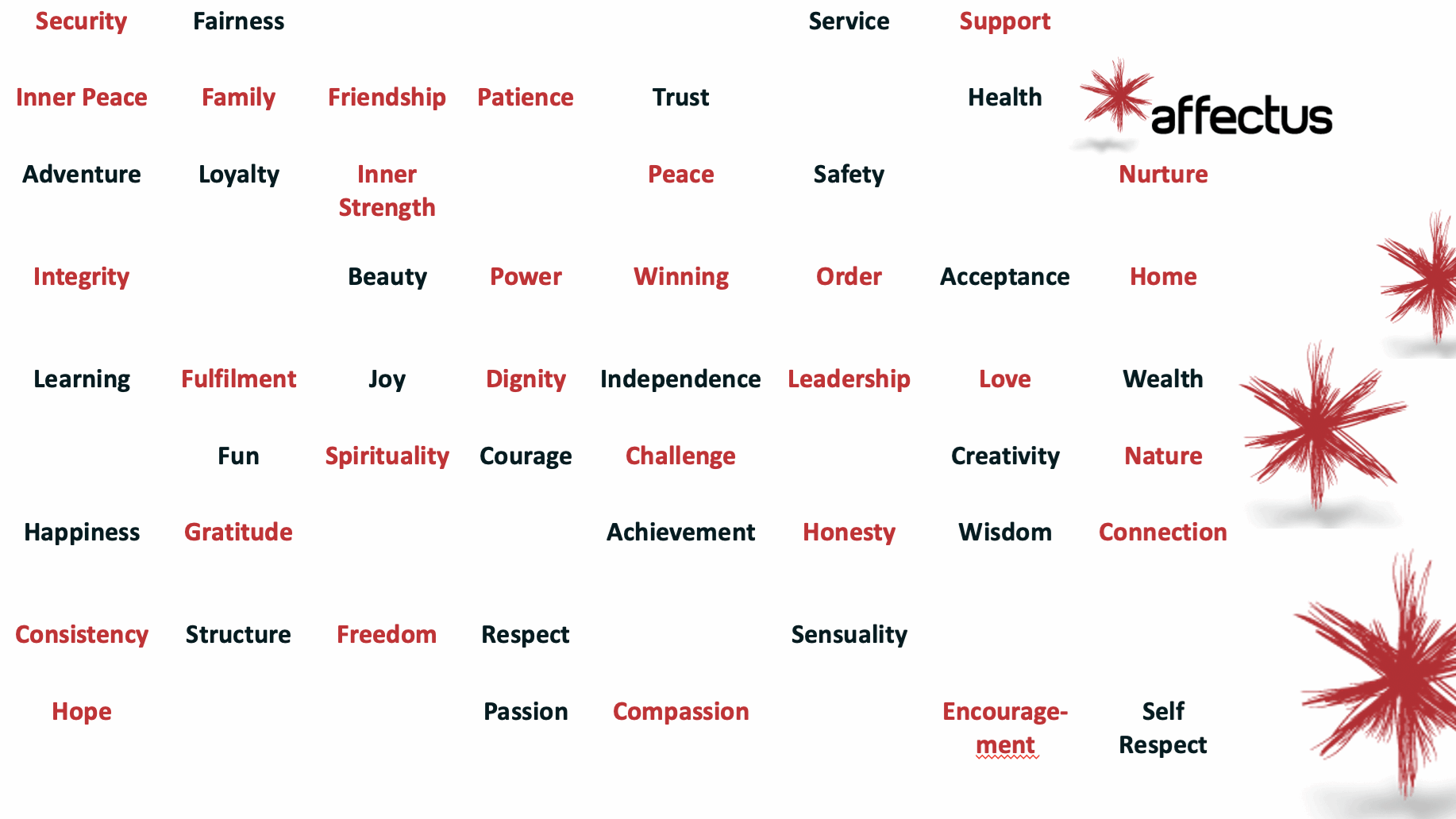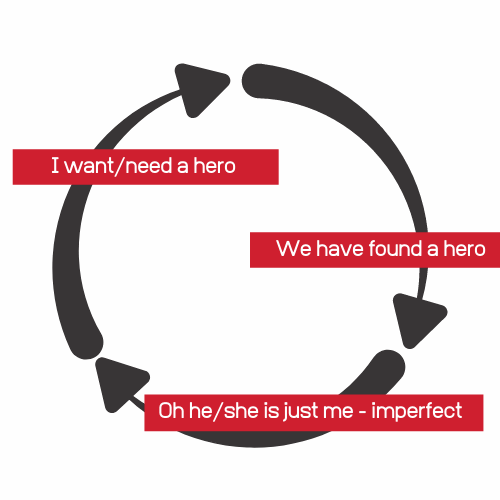
Power and You
Power and You
Jill Briggs, MD and Founder, Affectus
Where does understanding power originate?
In 1959 two social psychologists John French and Bertram Raven, who had been studying people and power provided us with a deeper understanding to personal and positional power. Although this work is decades old understanding the dichotomy of personal and positional power helps me each day. I also know that when I present a keynote or a workshop and weave in the concept of power the energy of the room changes.
Is this because it is observable? We see it displayed all the time.
Is it because we take our power for granted? I can feel mine wax and wane.
People respond to the concept of power. They are eager to understand and tell me stories of their experience with power. And as I share Affectus’ knowledge with my audience is unlocks responses and understanding about an attribute to access.
Awareness of power
Are you aware of your power? How does it feel?
I have often observed people using their personal power to do such good acts. I think of my father sharing his wisdom; my mother encouraging me to be courageous; a wise older person helping me with the definition of opinionated; and mentors sharing their referent power.
I have also witnessed people’s power being challenged and attacked.
When did you last see someone’s power challenged? How did it happen? How would you have managed the situation?
My story of personal power sources
Have you ever been given a crown? You know; captain of…, head of…?
I have worn a few of those crowns and, sadly, I have tarnished a few.
I distinctly remember becoming a total ratbag when given the School Vice-Captain badge when I was 12 years old. There I was, ordering people about, being pedantic about uniforms, delighting in managing the rubbish collection.
However, it was made very obvious to me within just a few short days that this behaviour was not going to be tolerated, as my lunchtime group of handstand friends shrunk to zero.
It turns out that the way I used coercive power was counterproductive to enhancing my prestige power.
How have you seen power used effectively and caringly? How have you used your power to improve a situation?
I also remember that when I wore a crown later in life that I was open, caring and enabling. I used my referent power intentionally to build the team up and their sense of combined power. The small team I worked with transformed and changed their world.
The Power Sources.
The learning from the second example was so much more profound than from the first.
I had an opportunity to reflect in a way that challenged my behaviours and grew the positive concepts.
More importantly I understood my connection with the power I hold. I more fully understood the concept of personal use of power and sources of personal power. I gained greater understanding of my desire to be liked and therefore the power that I felt most comfortable cultivating was referent power.
Referent power is a person's perceived attractiveness, worthiness and right to others' respect).
I also gained further insight into prestige and expert power .
Prestige is- your ‘connections’ and/or status and/or reputation. Prestige power is influential or important to others. Expert power is the possession of expertise, skill, and knowledge, which gain the respect of others. Possessing the expertise to influence the behaviour of others.)
Using your personal power sources
Do you want to use your personal power sources?
This next bit is not about building up your resilience and inner strength (although this may happen by applying the tips). It’s about knowing your personal power sources and then using them to improve any situation.
7 tips for finding & using your personal power.
1 – Quiet those voices
We all have personal power – perhaps you have a voice that says you don’t – not true we all have personal power.
2 – Find your favourite
Review the three personal powers sources mentioned above (prestige, expert and referent) and know yours.
3 – Knowing me
Write down when you most recently used expert and/or prestige and/or referent power, understanding the situation and how the use of your power made an impact.
4 – Deep Dive
Get to know expert, prestige and referent power at a deeper level. Mind map who uses it and when.
5 – Observe and Feel
Become familiar with the building up of others through watching how others use their personal power sources to improve the situation.
6 – Positivity Plus
Scenario plan the positive use of your power sources and the increase of strength of your personal power sources.
7 – Be Intentional
Use your power. Inject each situation with some of your personal power to improve the situation for everyone.
Have a look at my video about power. It will also help.
Want to know more about power? Sign up for Ready now!















